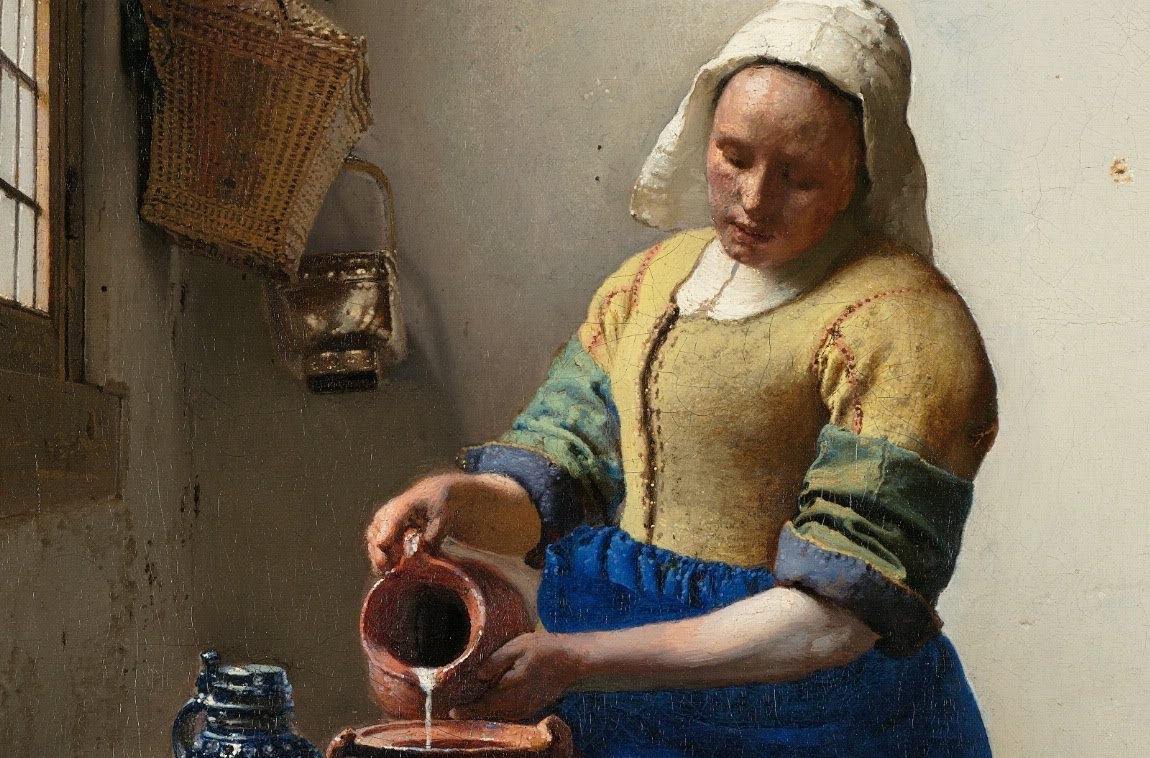The art and law of painting – Who owns the copyright?

30 Mar 2017
Allegory. Abstract meanings. Colour. Light. Perspective.
Johannes Vermeer dedicated one of his works to The Art of Painting. It has been called the most complex Vermeer work of all.
Paintings, like that of Vermeer [1], are protected by copyright in South Africa, in terms of the Copyright Act. Paintings are expressly listed as a form of artistic work in the Act.
The Copyright Act reserves the right to copy. In fact, it reserves exclusively for the owner of the copyright, various acts or dealings with the intention of rewarding the expression of creativity and embodiment of skill and effort.
In the case of artistic works, these reserved acts include reproducing the work in any manner or form, publishing the work, including it in a film or television broadcast and making an adaptation thereof.
Therefore, only the owner of the copyright in a painting may make a copy of it. The making of a reproduction (or adaptation) in any manner or form, which is done without the owner’s authorisation, amounts to copyright infringement.
Who is the owner? In the case of paintings, the artist generally automatically becomes the first owner of the copyright, unless one of very specific exceptions listed in the Act applies.
In order for copyright to transfer, an agreement to this effect needs to be concluded. Copyright does not transfer with the physical object but remains with the artist unless or until he or she agrees in writing that the ownership of the copyright should transfer.
The result of this is that, when you buy a painting, you buy and acquire only the physical object. You do not acquire any rights of copyright and you may therefore not do any of the acts reserved for the owner, including making copies.
Copyright infringement attracts liability, including a claim for damages. Trading in such infringing copies, knowing that they are so infringing, attracts both civil and criminal liability.
If any work of art is to be copied in any way, the owner of the copyright should be approached for permission to do so.
[1] Copyright in artistic works lasts only for 50 years following the death of the author (This article is provided for informational purposes only and not for the purpose of providing legal advice. For more information on the topic, please contact the author/s or the relevant provider.)
